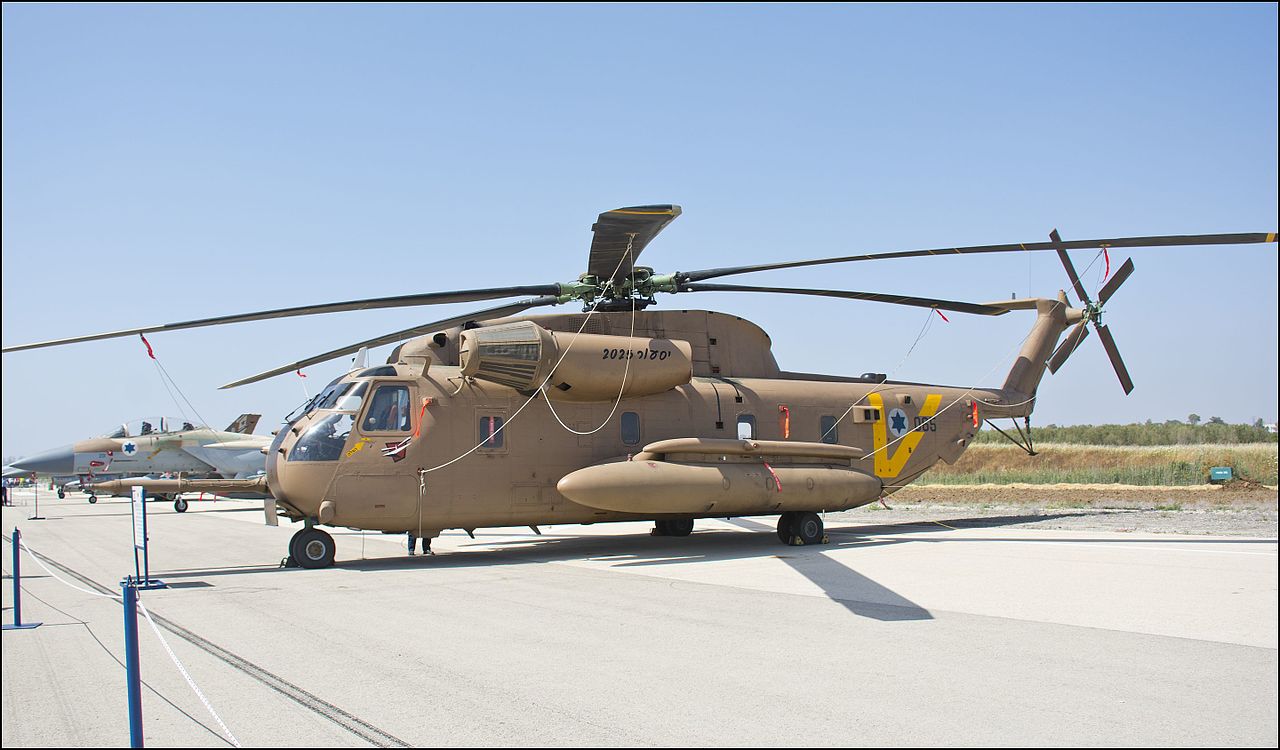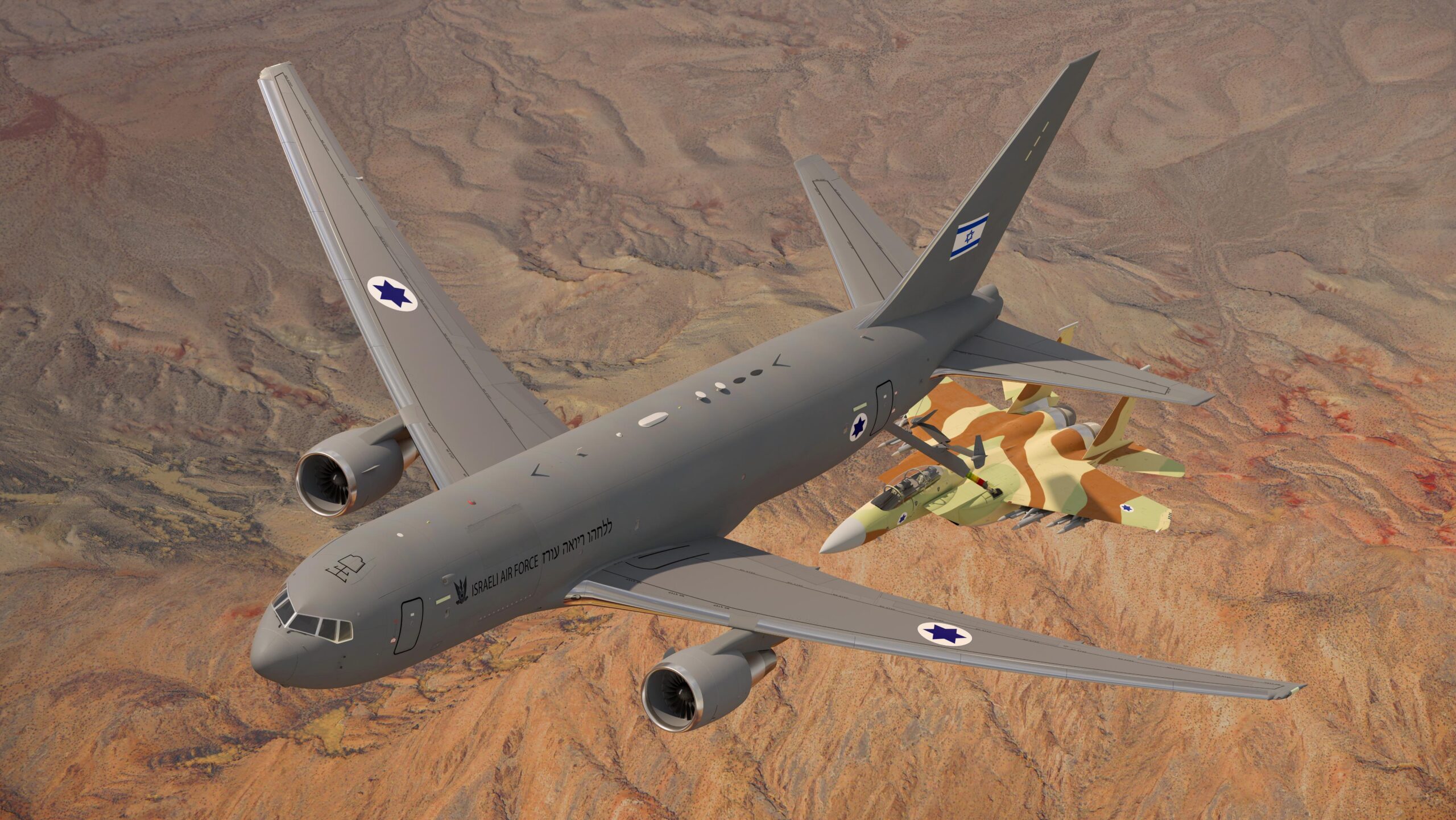Israel signed the contracts for the purchase of 12 CH-53K King Stallion and two KC-46 Pegasus.
Reported on December 31 by the Israeli Ministry of Defense via its Twitter account, the contracts for the acquisition of 12 Lockheed Martin-Sikorsky CH-53K King Stallion heavy helicopters and two Boeing KC-46 Pegasus in-flight refueling aircraft were finally signed.
The Ministry of Defense Mission to the U.S. signed an agreement (LOA) with the US government for the purchase of 12 Lockheed Martin-Sikorsky helicopters, and an additional agreement for the procurement of two Boeing KC-46 refueling aircraft. pic.twitter.com/hJtxKCRtlj
— Ministry of Defense (@Israel_MOD) December 31, 2021
CH-53K King Stallion
As early as February, the Ministry of Defense and the Israel Defense Forces General Staff had already selected the CH-53K King Stallion as a replacement for their CH-53 Yasur heavy helicopters, of which there are about twenty in service. The value of the transaction is approximately US$2 billion. According to Reuters, the contract includes the option to purchase 6 additional units. The first deliveries could be taking place as early as 2025.

The King Stallion competed against the Boeing CH-47F Chinook, and despite being more expensive to acquire and operate than the latter, the Sikorsky helicopter was chosen as the winner. But the truth is that they are quite different aircraft, with the King Stallion comfortably outperforming the Chinook in payload capacity.
Boeing KC-46 Pegasus
Like the contract for the heavy helicopters, the purchase of tanker aircraft to extend the Israeli Air Force’s projection capability (as far as Iran) is part of an Armed Forces modernization program valued at around $9 billion.
Also in February, the Ministry of Defense announced the signing of the first contract for 2 units. Eventually, the plan is to have 8 of these aircraft in the Israeli Air Force (IAF).
The signing of the new contract, valued at $1.1 billion, brings the number of KC-46A aircraft contracted to four. Several analysts speculate that if the second order was for only two aircraft, it is because the U.S. has not yet agreed to Israel’s request to bring forward the delivery date of these aircraft, which the IAF intends to use as support for an eventual raid against Iranian nuclear facilities.

/https://aviacionlinecdn.eleco.com.ar/media/2021/12/CH-53K-Israel.jpeg)

Para comentar, debés estar registradoPor favor, iniciá sesión